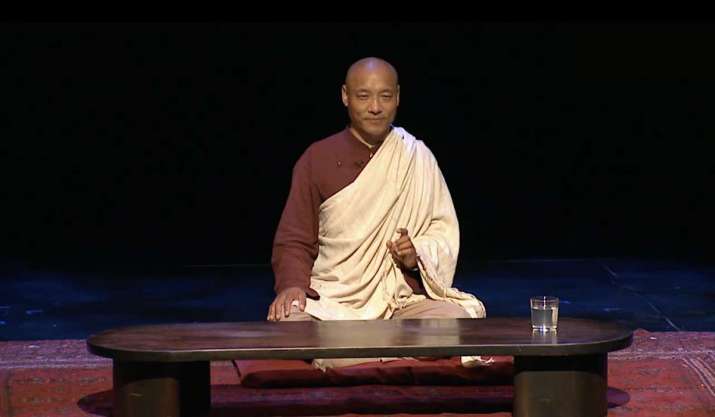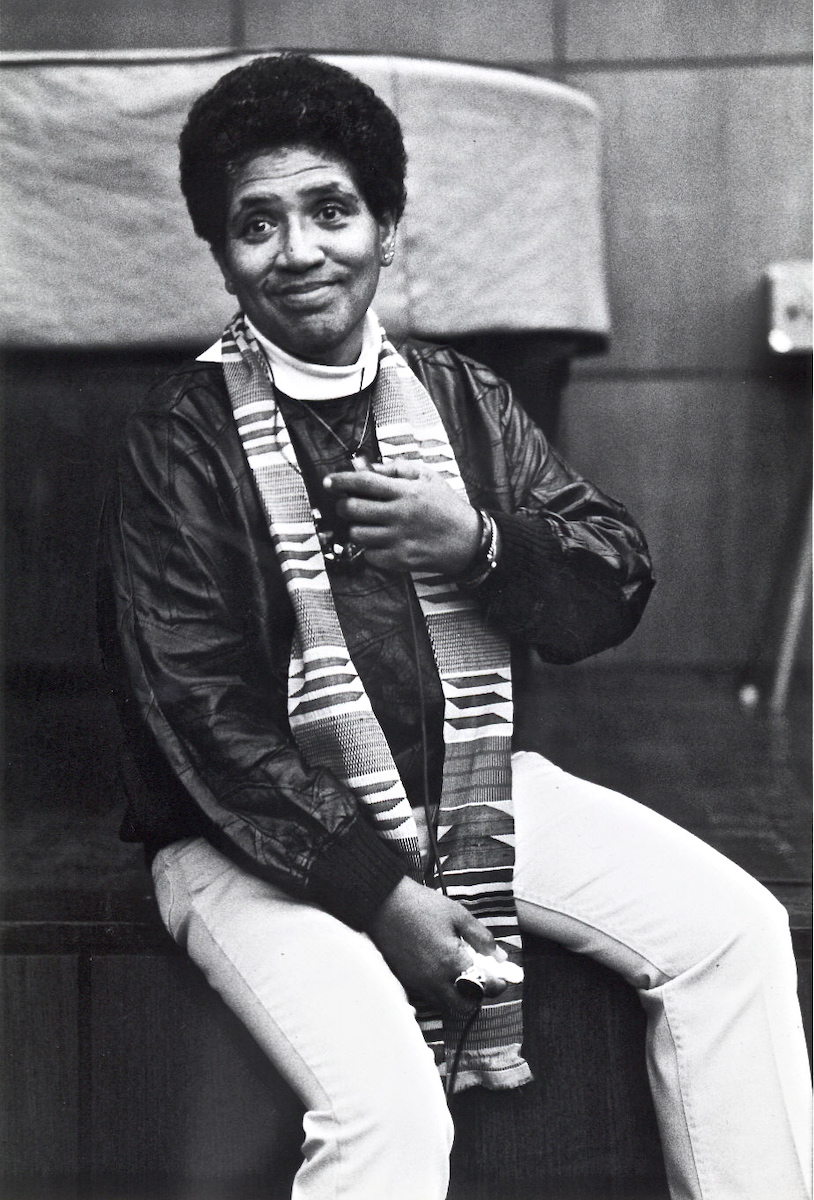FEATURES|COLUMNS|Dharma Gossip
Dharma in Poetry
 From youtube.com
From youtube.comHuman emotions and feelings about life come in so many flavors that it can be a struggle to find enough words to express all of them perfectly. This is good news. It keeps some of the terrain of our lives mysteriously enchanting or not too obvious. Otherwise, life could end up being too predictable or mechanical. Either is a bleak choice. In general, our conversations and writings are often formed in a logical or linear fashion with good reason: practicality. Otherwise, if every sentence were conducted poetically or obtusely, it would take a long time to communicate anything, even something very simple, unless we could all turn into magical spirits who could communicate miraculously with each other through simple means such as gazing, gestures, or some kind of celestial code. There are also topics whose nature is full of precision that should be described in very technical language—what some might regard as the domain of the “left brain.”
There are plenty of subtleties in the universe, which might manifest in the magic of nature, or the mysteries of existence, spiritual phenomena, or our human experiences. Sometimes there are experiences that are so subtle or so beautiful that our usual modes of expression run into trouble depicting them. This is where poetry has a mission. There are times when we want to invoke a powerful feeling in others. Poetry can give us the means to do so by maneuvering around the painstaking effort of attempts to express through linear language. Imagine that you’re standing before of a group of people. Your role is that of a speaker whose job is evoke love toward the divine, or romantic passion, or a revolutionary spirit for justice, or compassion for those who are disenfranchised. Reciting a great poem will help you feel that you’re doing a good job.
For example, the dohas (songs of realization) of Milarepa can often bring about a non-conceptual insight of the Dharma as well as spiritual bliss. Let’s look at a specific example. One of the most recited poems in the Tibetan Buddhist tradition is a tsok lu (song of feast) by Jigme Lingpa. Even today, many monasteries and communities sing this during sacred feasts. It’s beautifully written. People sing it with various melodies, which are often exquisite. It has the power to invoke bliss immediately upon hearing it.
Poetry has been used in Buddhism for a very long time as a means to not only understand but directly feel the richness of the Dharma. Some of the renowned spiritual poets of Tibet are Milarepa, Longchenpa, Shabkarpa, Patrul Rinpoche, and Gendun Chopel. They wrote poems for two purposes: to express their deepest awakening and to invoke a spiritual experience in others. Among them, Gendun Chopel is unique. He was original in his own way. His poems opened up a whole new saga in Tibetan writings. His poems are personal, understandable; he is both a spiritual and a secular poet. Some hold him in high regard as an enlightened yogi. Others view him as an intellectual rebel. There are even those who believe that he was lost soul. But they all agree that he was a true poet. He wrote about his experiences of being human from a human point of view, not only from a Buddhist perspective. He is loved by monastics and lay people alike for this reason.

Audre Lorde. From thefeministwire.com
There are many places where spiritual and secular poetry can serve the same goal, since true spirituality is not about metaphysics but about our human condition. This is becoming more and more obvious as the world demands that spirituality help us with insight into our mundane conditions—how to work with emotions, how to deal with the woes of life, how to find solace in a traffic jam, what to do with difficult neighbors, how to raise awareness of social/political issues, and so forth. In the same way, secular poetry can have a powerful role in our spirituality. To the minds of those of us who firmly believe that the Dharma is more than just sitting in a temple and chanting sutras, Audre Lorde’s poem “Power” is a perfect epitome of spiritual and earthly issues intertwined; the Dharma must entail a courageous engagement with the world to change it for the better.
In the West, many Dharma teachers use poems as a means to clarify what they are attempting to express, and to invoke joy, love, and awakening in their audience. They tend to use not only Buddhist poems but also poetry from other traditions and cultures. You will hear them reciting poems by Walt Whitman and Mary Oliver in the middle of their teachings. If you are there, you know that you are not in a classroom with a professor delivering a lecture on economics. Personally, I find this to be a wonderful tradition, which can have many benefits. Whenever I hear someone give what we call a “Dharma talk” with some good poems, I feel that I’m savoring a mouthwatering delicacy cooked with perfect spices and seasoning.
See more
Power by Audre Lorde (Poetry Foundation)
Dharmata Foundation
Related features from Buddhistdoor Global
Japanese Buddhist Poetry: Bearing the Weight of Being
Entering the Stream: Book Review of The Hidden Lamp
Buddhism and Creative Writing, Part One














